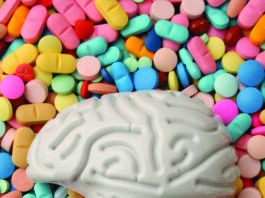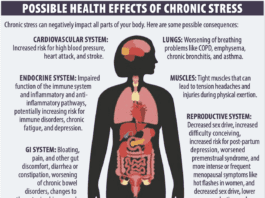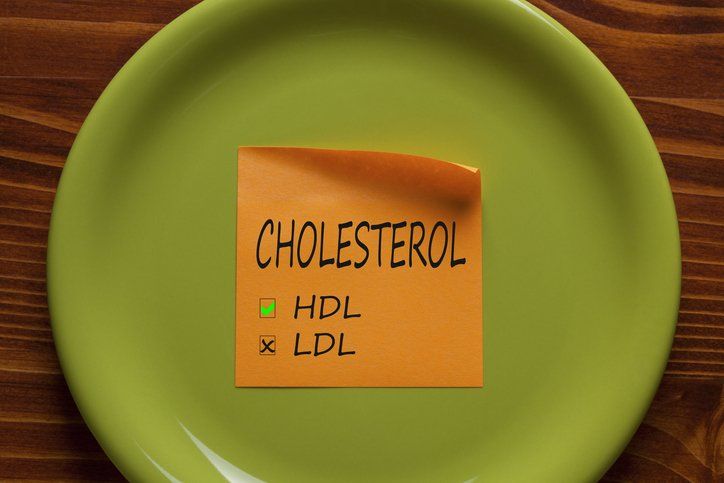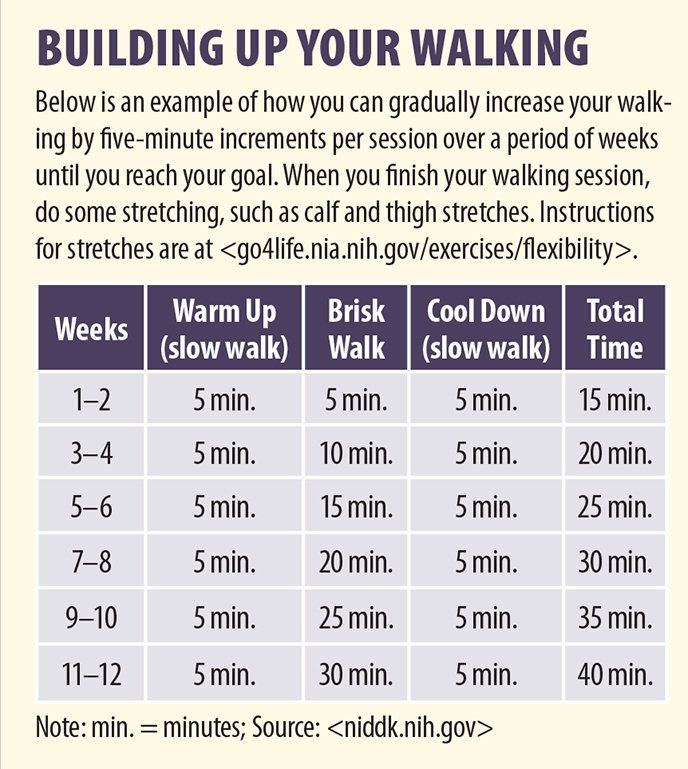Simple Carbohydrates
Simple carbohydrates are made up of one(single) or two (double) sugar molecules. When most people think of simple carbohydrates, they think of sucrose (a double sugar), the stuff you sprinkle on cereal or spoon into your coffee. But thats only the most familiar simple carbohydrate.
HDL Cholesterol Could Have Brain Benefits
The researchers speculated that HDL cholesterol might protect cognitive function by reducing the risk for stroke and vascular disease, or HDL could moderate beta-amyloid, which is associated with plaques in the brain. Additionally, HDL may have anti-inflammatory or antioxidant effects, which could help to prevent the degeneration of the brains neurons.
Calorie Restriction May Promote Cognitive Function
At the end of three months, the calorie cutting group scored an average of 20 percent better in tests of memory performance; the other groups showed no change. Researchers theorized that the calorie-cutters, who lost four to seven pounds, might experience brain benefits from decreased insulin and inflammation.
MyPlate for Older Adults: Eat Right for Your Age
MyPlate for Older Adults calls attention to the unique nutritional and physical activity needs associated with advancing years, emphasizing positive choices. It shows how older adults might follow a healthy dietary pattern that builds on the MyPlate graphic.
DASH Diet for Brain Health
Following a DASH diet seems to also be good for your brain-not surprising, since cardiovascular health is linked to protecting your brain against strokes and dementia. The DASH regimen is high in fruits, vegetables, and grains, while cutting back on meat, saturated fat, sweets, and salt.
Caffeine Without Sleeplessness
Timing and moderation allow you to enjoy coffee, tea and other caffeinated beverages without disturbing your slumber.
Stop Emotional Eating Patterns By Learning New Habits
You feel stressed out. You are bored. Or you are angry at your spouse. So you walk a short distance to the fridge, swing open the door and look for a solution. Is it the leftover tapioca pudding? A slab of last nights lasagna? That pint of premium ice cream in the freezer?
Step Away from the Smorgasbord
With the holidays approaching, a new study in PLOS One reinforces the importance of staying a good distance away from festive food tables to help avoid overeating.
The Link Between Your Walking Pace and Aging Well
Walking may seem like a pretty simple activity. But, several different parts of your body are involved, like your heart, lungs, nerves, muscles and bones. So, your walking pace may slow if you're having a problem in one or more of these parts of the body.
What Foods Can Cause Headaches?
People get headaches for many different reasons. Sometimes they may be triggered by what we eat or drink. Going too long without eating also may trigger headaches.




































